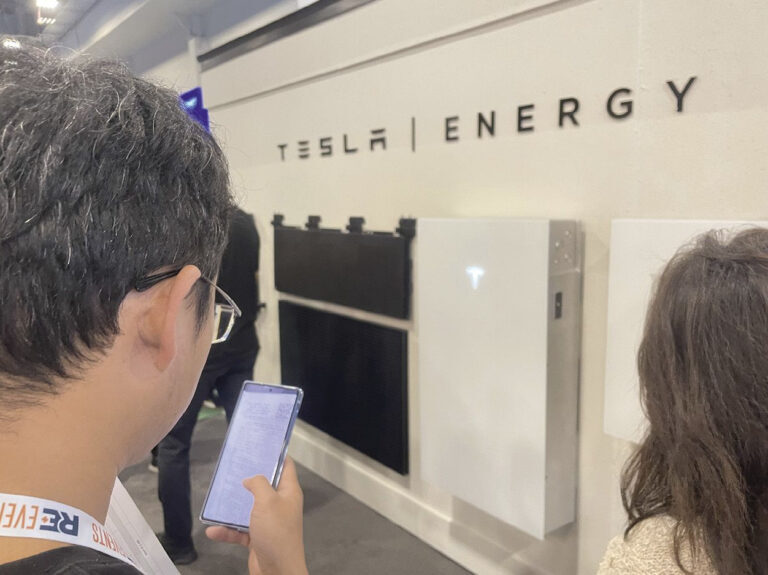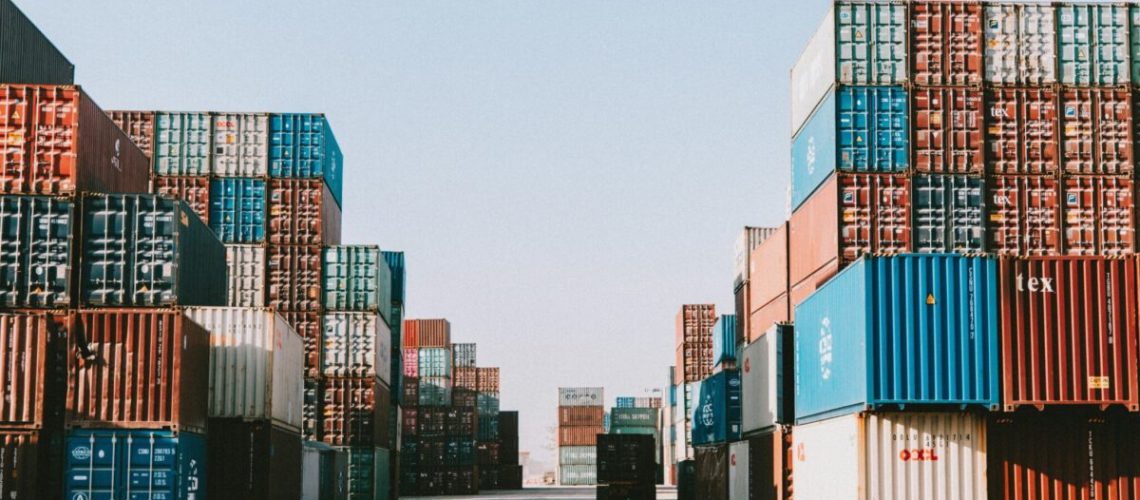After years of battling unfairly priced imports, the tide is finally beginning to turn—and we now have the data to prove it.
For over 12 years, I’ve worked alongside American solar manufacturers to confront illegal dumping and unfair subsidies that have undermined investment, driven companies into bankruptcy and cost American jobs. The solution hasn’t been complicated: We’ve asked our government to enforce its own trade laws. When it has, the results have clearly demonstrated that targeted tariffs work.
Despite the politicization of the word “tariff,” it’s important not to lose sight of their strategic value. When applied carefully and deliberately, they have proven to be a powerful tool to level the playing field and foster the kind of long-term investment that fuels domestic manufacturing and expands American supply chains.
The solar industry is a case study in what can happen when we stay the course on trade enforcement. After years of battling unfairly priced imports, the tide is finally beginning to turn—and we now have the data to prove it.
Just this month, new U.S. government trade data revealed a dramatic decline in imports of solar cells and modules from the four Southeast Asian countries named in our antidumping and countervailing duty (AD/CVD) petition. Imports by value have plummeted:
- Vietnam: down 5%
- Thailand: down 90%
- Malaysia: down 87%
- Cambodia: down 66%
These aren’t minor fluctuations. These numbers make one thing very clear: The preliminary tariffs are working.
Of course, we’re closely watching shifts in import behavior. Notably, imports from Laos and Indonesia have surged—by 214% and 4,797.96% respectively—suggesting other activity is afoot. But in the context of the massive declines from the original four countries, this shift only underscores how effective the tariffs have been at curbing unfair trade from the known violators. Now, we must stay vigilant and ensure that enforcement adapts as trade flows evolve, and foreign competitors seek ways to continually evade tariffs
The road here has not been smooth. Strategic enforcement in 2011 and 2014 under the Obama administration made headway but simply resulted in Chinese companies moving their subsidized manufacturing elsewhere in Southeast Asia. The Section 201 tariffs in 2018 under the Trump administration also assisted, encouraging significant investments by companies like First Solar and Hanwha Qcells. Those investments were made because manufacturers believed the U.S. was serious about rebuilding solar manufacturing.
Then came the 2022 tariff moratorium under President Biden. This gave Chinese-headquartered companies a clear, two-year window to surge into the U.S. market with tariff-free inventory—sending prices into freefall and jeopardizing new investments in manufacturing across the United States. These companies flooded the market with highly subsidized product, much of which is still stockpiled in the U.S., continuing to keep prices artificially low. In an effort to stem this flow of imports, in 2024, seven leading solar manufacturers joined together to form the Alliance for American Manufacturers Trade Committee, to file new AD/CVD petitions. Those investigations are nearly completed.
Now, just months after the preliminary duties were announced, we’re seeing the impact. Unfairly traded imports from the targeted countries have collapsed. The tariffs are doing exactly what they were designed to do: restore fair competition, support domestic manufacturers, and lay the foundation for long-term energy security.
The lesson here is simple. When trade policy is clear and consistent, manufacturers invest. When it’s volatile and unpredictable, they retreat. If we want a thriving solar manufacturing sector—one that supports well-paying American jobs, delivers energy independence, and ensures resilient supply chains—we need strategic enforcement backed by a sustained commitment to investing in American manufacturing.
The success of the solar industry doesn’t depend on ideology. Its success is underpinned by smart policy. Strategic tariffs aren’t just working—they’re essential.
Tim Brightbill is partner and co-chair at Wiley Rein LLP, and adjunct professor at Georgetown Law
Popular content





